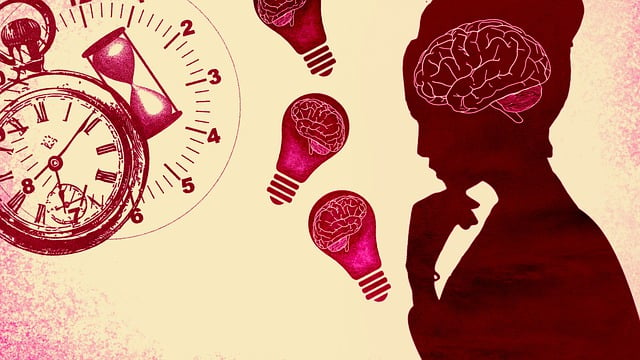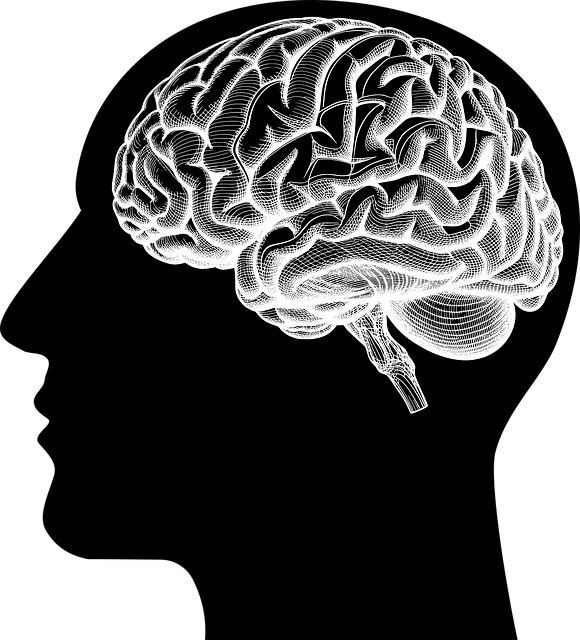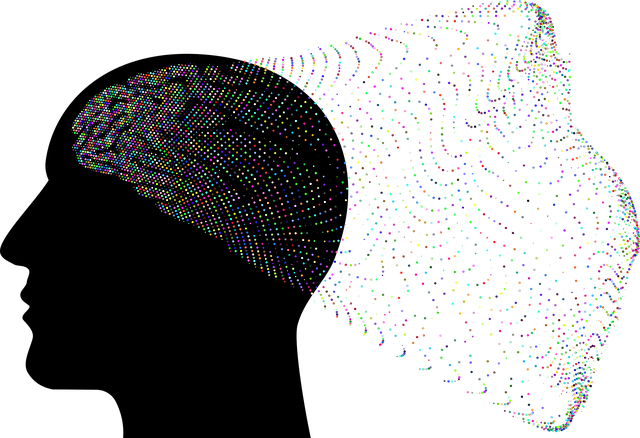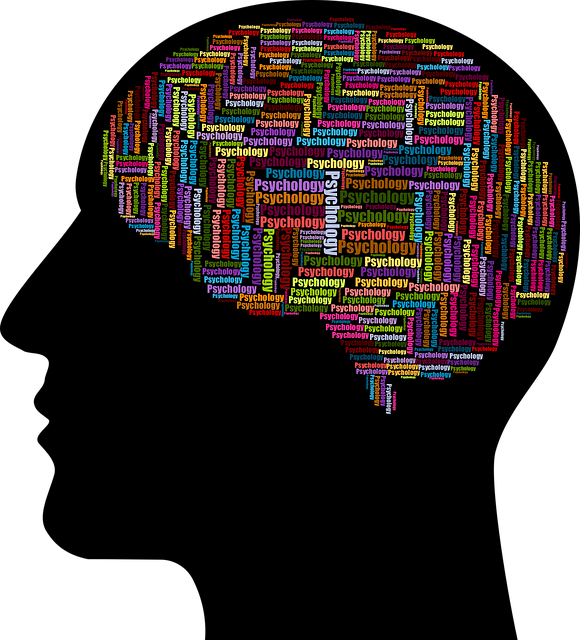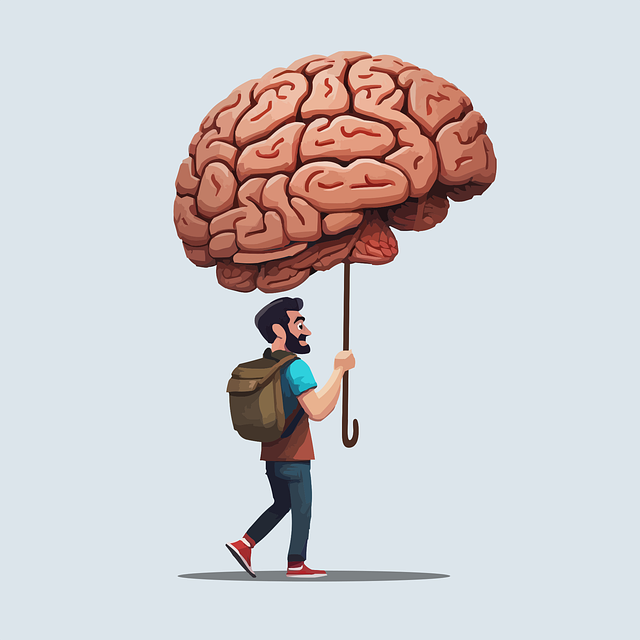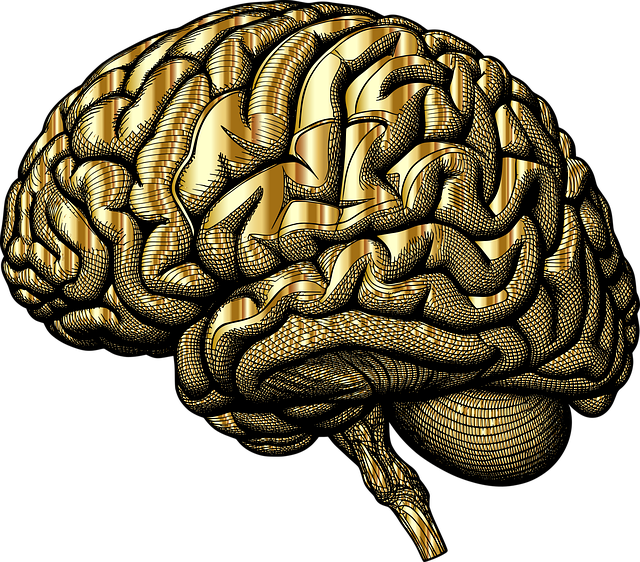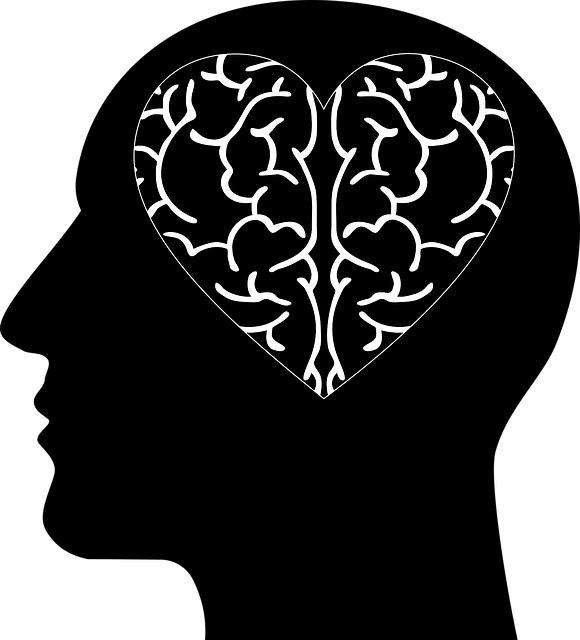Anxiety disorders, notably Obsessive-Compulsive Disorder (OCD), significantly impact children's lives, affecting their daily routines and well-being. Effective therapies like Cognitive Behavioral Therapy (CBT) equip kids with tools to manage OCD symptoms by challenging negative thought patterns. Alternative approaches include exposure therapy, play therapy, art therapy, and mindfulness practices. Building resilience at home through structured environments, stress reduction techniques, and family support is crucial in combating anxiety. Tailored coping strategies taught by healthcare providers enhance children's mental health, emphasizing the holistic benefits of comprehensive therapy for OCD.
Managing anxiety in children is a multifaceted approach that involves understanding their unique symptoms and causes. This article delves into various techniques, focusing on Cognitive Behavioral Therapy (CBT) as a powerful tool for kids with Obsessive Compulsive Disorder (OCD). We explore other effective therapies, emphasize the role of building resilience, and offer practical coping strategies for parents to foster a supportive home environment. By implementing these methods, parents can help their children navigate anxiety, promoting overall well-being.
- Understanding Anxiety in Children: Symptoms and Causes
- Cognitive Behavioral Therapy (CBT) for Kids with OCD
- Other Effective Therapies for Anxiety Management
- Building Resilience and Coping Strategies at Home
Understanding Anxiety in Children: Symptoms and Causes

Anxiety is a common emotional experience for children, but when it becomes persistent and excessive, it can significantly impact their daily lives. Understanding anxiety in young individuals involves recognizing both its symptoms and underlying causes. Children may exhibit various signs, such as excessive worry, fear, restlessness, difficulty concentrating, and physical manifestations like rapid heartbeat or stomach aches. These symptoms can be especially concerning when they interfere with a child’s ability to participate in social activities, perform well at school, or engage in typical childhood play.
One specific type of anxiety disorder that often requires attention is Obsessive-Compulsive Disorder (OCD). OCD is characterized by intrusive thoughts (obsessions) and repetitive behaviors (compulsions) that a child feels compelled to perform to alleviate anxiety. Common obsessions include fear of contamination or symmetry issues, while compulsions may involve excessive handwashing, checking, or organizing rituals. Early recognition and intervention through therapy for children are crucial in managing OCD symptoms and fostering inner strength development. Public awareness campaigns and healthcare provider cultural competency training play a vital role in promoting understanding and ensuring effective support for young individuals struggling with anxiety-related disorders.
Cognitive Behavioral Therapy (CBT) for Kids with OCD

Cognitive Behavioral Therapy (CBT) is a highly effective treatment approach for children struggling with Obsessive-Compulsive Disorder (OCD). This evidence-based method helps young individuals challenge and change unhelpful thought patterns and behaviors associated with OCD. By teaching kids practical coping strategies, CBT empowers them to manage their anxiety and reduce the impact of obsessions and compulsions on their daily lives.
The therapy focuses on enhancing emotional intelligence and cultivating compassion, which are essential aspects of a child’s overall well-being. Healthcare providers skilled in cultural competency training can adapt CBT techniques to suit diverse backgrounds, ensuring that each child receives personalized support. Through this tailored approach, children with OCD can learn to navigate their symptoms, gain a sense of control, and improve their quality of life.
Other Effective Therapies for Anxiety Management

Anxiety management goes beyond cognitive-behavioral therapy (CBT). There are several other effective therapies that can help individuals combat anxiety, especially those struggling with specific disorders like Obsessive Compulsive Disorder (OCD). One such approach is exposure therapy, which gradually exposes individuals to their fears in a safe environment, helping them learn to manage and reduce anxiety responses. This method is particularly beneficial for OCD, as it addresses the root of obsessive thoughts and compulsive behaviors.
For children experiencing anxiety, play therapy and art therapy offer unique and engaging avenues for expression and healing. These therapies allow kids to explore their feelings through creative means, fostering better emotional understanding and coping strategies. Additionally, mindfulness-based practices have gained traction in both clinical settings and healthcare provider burnout prevention strategies. Incorporating techniques like deep breathing, meditation, and mindfulness into daily routines can significantly aid in mood management and depression prevention, thereby contributing to overall anxiety reduction.
Building Resilience and Coping Strategies at Home

Building resilience at home is a powerful tool to combat anxiety, especially for children dealing with conditions like Obsessive Compulsive Disorder (OCD). Therapy for Children can involve teaching them specific coping strategies tailored to their needs. Techniques such as cognitive-behavioral therapy (CBT) help kids identify and challenge anxious thoughts, replacing them with healthier thinking patterns. This process gradually reduces anxiety over time.
Incorporating stress reduction methods into daily routines is essential. Simple practices like mindfulness exercises, deep breathing techniques, and regular physical activity can significantly impact a child’s overall well-being. Moreover, creating a structured environment at home, with clear boundaries and consistent routines, provides a sense of control, which is crucial for managing anxiety. Healthcare Provider Cultural Competency Training emphasizes the role of family support in mental health care, ensuring that parents are equipped to assist their children in building resilience and effective coping strategies.
Anxiety management techniques, especially tailored for children, are crucial in helping them lead happier, more fulfilling lives. Understanding symptoms and causes is the first step, followed by exploring effective therapies like Cognitive Behavioral Therapy (CBT) for kids with OCD. Building resilience at home through coping strategies can significantly enhance their ability to navigate anxiety. By combining these approaches, parents and caregivers can empower children to manage anxiety effectively and foster a healthier mental well-being.

